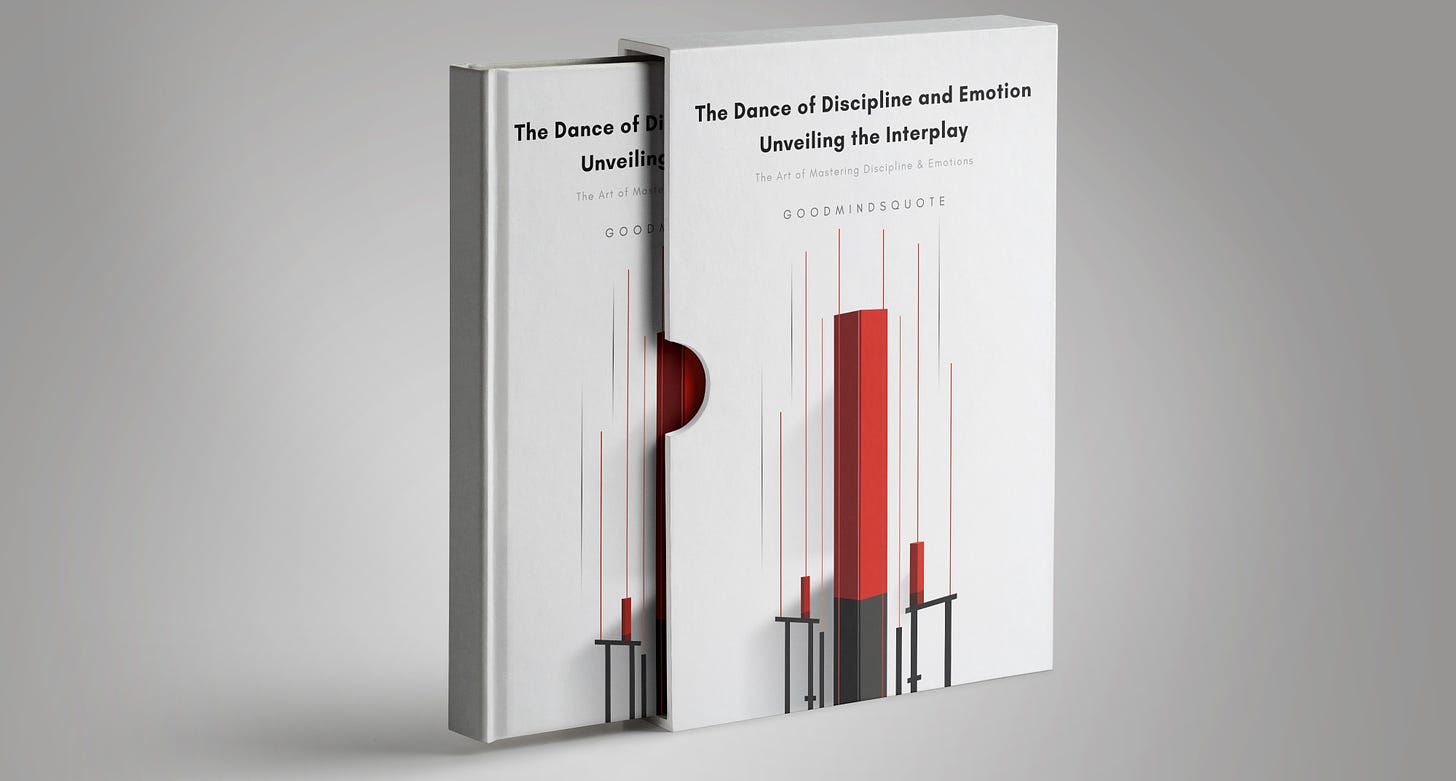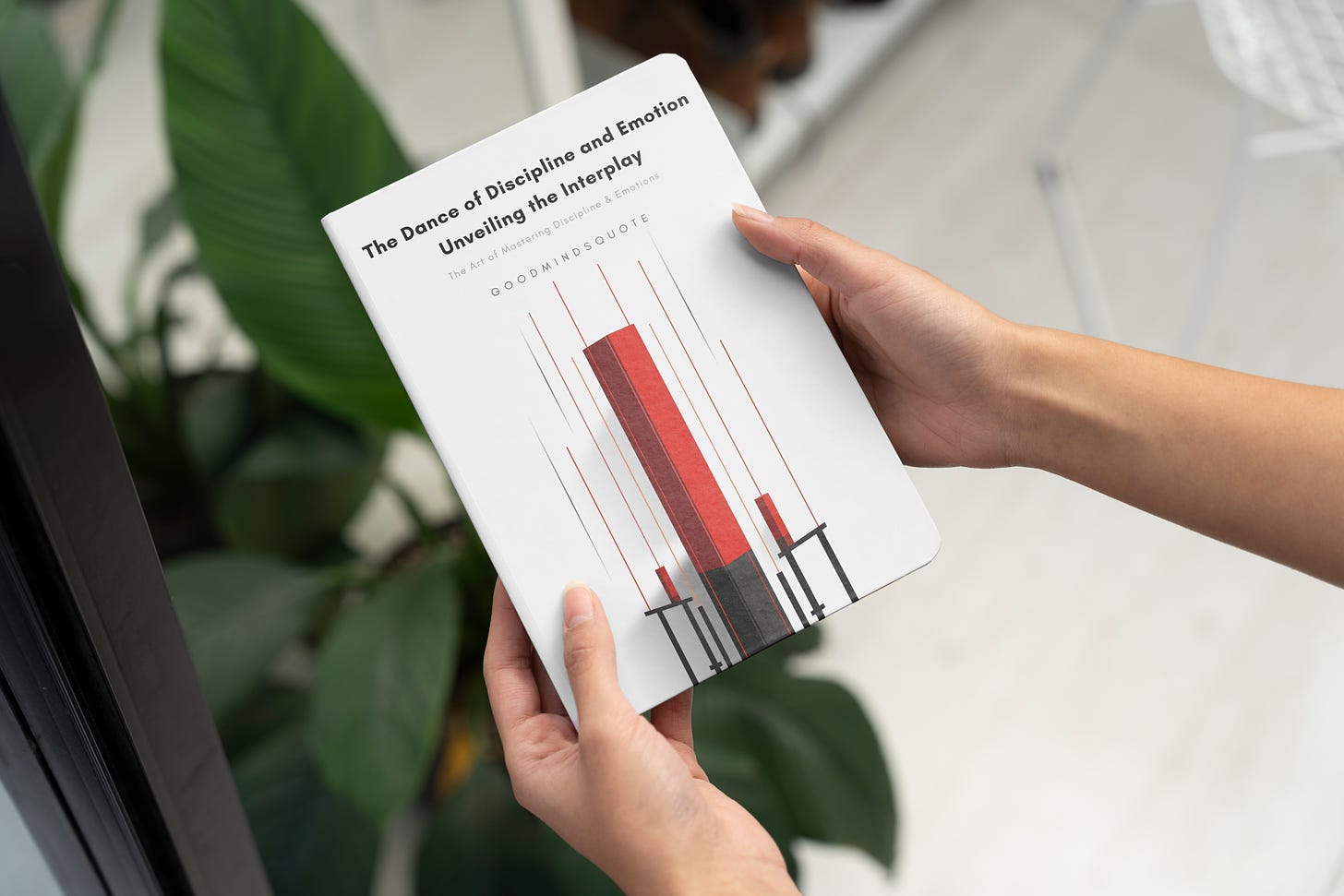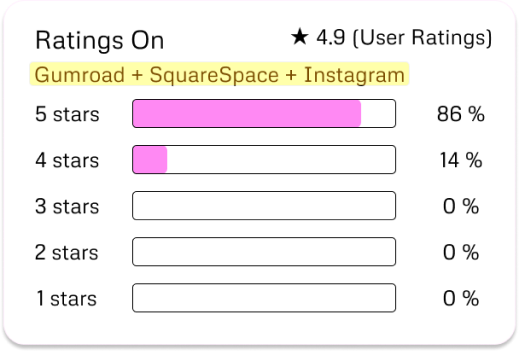24 Brain Damaging Habits You Need to Break Today
Rewire Your Mind: Break Brain-Damaging Habits with Discipline and Emotional Control
Mind Evolution crosses 2000+ subscribers this month. Thank you. We love you!
We often underestimate how our daily habits can silently erode our mental well-being. You might think some things are harmless, or even normal, but when done excessively, they become damaging. Let’s take a closer look at 24 brain-damaging habits and how you can break free from them to cultivate a healthier mind and life.
1. Too Little or Too Much Sleep
We’ve all heard it—sleep is essential. Yet, many either deprive themselves of sleep or oversleep. Both can hurt your brain. Lack of sleep weakens memory and decision-making skills, while too much sleep can make you feel sluggish and depressed.
Tip: Aim for 7-8 hours of quality sleep to keep your brain sharp and energized.
2. Overuse of Medication
We often reach for pills to solve problems—whether it's for headaches, anxiety, or sleep. But overusing medication can fog your brain, create dependency, and numb emotional responses.
Reality check: Use medications wisely, and always explore natural alternatives like meditation, exercise, and diet adjustments when possible.
3. Skipping Exercise
A sedentary lifestyle doesn’t just affect your body—it damages your brain, too. Exercise boosts blood flow to the brain, helps with memory, and reduces stress.
Advice: Move your body every day, even if it’s a short walk or yoga session. Your brain will thank you for it.
4. Excessive Food
Overeating or indulging in junk food damages brain cells over time. Processed food, in particular, can lead to brain fog, inflammation, and even cognitive decline.
Tip: Choose nutrient-dense foods that fuel your brain—think leafy greens, nuts, and fish rich in omega-3.
5. Lack of Social Activities
Humans are social creatures, and isolation can hurt brain health. Loneliness is linked to cognitive decline and depression.
Solution: Make time for meaningful connections, whether it’s a call to a friend or attending social gatherings that enrich your life.
6. Too Much Screen Time
Screen time overload drains mental energy, affects focus, and disrupts sleep cycles. Over time, it rewires the brain to crave constant stimulation.
Advice: Set limits on screen time, especially before bed. Try digital detoxes on weekends.
7. Too Much Sugar/Salt
High sugar and salt intake impairs brain function and can lead to long-term issues like memory loss.
Reality: Cut down on processed snacks and sugary drinks. Opt for whole foods that stabilize your mood and energy levels.
8. Overworking
Work is important, but constant overworking leaves you mentally drained, stressed, and burned out.
Advice: Prioritize rest, take breaks, and learn the art of balancing life with work. “The mind needs rest, not just the body.”
9. Not Relaxing
In a fast-paced world, relaxation often feels like a luxury. But chronic stress damages the brain’s ability to function properly.
Tip: Find moments of calm every day—whether through meditation, reading, or simply sitting in silence.
10. Staying in an Unhealthy Relationship
Toxic relationships are draining. Constant negativity and emotional turmoil can significantly harm your brain.
Advice: If a relationship is affecting your mental peace, it might be time to reassess it. Surround yourself with people who lift you up.
11. Skipping Sunlight
Sunlight boosts serotonin, a chemical that lifts your mood. Lack of exposure can lead to depression and cognitive issues.
Reality check: Get outside for at least 15-20 minutes daily. Your brain and mood will feel the difference.
12. Negative Thinking
Constant negative thoughts can rewire the brain to focus on failure and fear. Over time, it damages your mental health.
Tip: Challenge negative thoughts and replace them with positive affirmations. “What you think, you become.”
13. Sitting for Long Hours
Sitting for long periods lowers brain function, especially if it’s coupled with poor posture.
Solution: Stand up every 30-45 minutes, stretch, and walk around. Your brain needs movement to stay active.
14. Bad Body Posture
Your posture doesn’t just affect your physical health—it affects how your brain processes emotions.
Tip: Stand tall, sit straight, and practice good posture to improve your mental clarity and emotional well-being.
15. Spending Before Earning
Financial stress is a silent killer of mental peace. Spending more than you earn can lead to chronic stress and anxiety.
Reality check: Focus on budgeting and living within your means to avoid unnecessary mental strain.
16. Alcohol Consumption
Alcohol impairs brain function and long-term use can cause severe cognitive decline.
Advice: Avoid alcohol intake responsibly, rather drink tea or coffee.
17. Living Life on Autopilot
Going through the motions without being present leads to mental stagnation.
Reality: Wake up to your life. Challenge yourself with new experiences and live in the moment.
If you appreciate our work, consider supporting us—Evolution thrives because of readers like you. Your contribution helps us continue creating fresh content and books for your growth. Plus, you’ll enjoy exclusive premium benefits! Thank you for your ongoing support. We're truly grateful for you.
Get our book for free with paid subscription! (The Dance of Discipline & Emotion)
Be a valued member of Evolution, expand your vision and support our work!
18. Always Aggressive Behavior
Constant anger rewires the brain to focus on negativity. Over time, it damages emotional intelligence and relationships.
Tip: Practice patience and find healthy outlets for frustration like journaling or physical activity.
19. Aimless Scrolling
Endless scrolling on social media consumes mental energy and creates brain fog.
Reality check: Put your phone down. Engage in real conversations and activities that nourish your mind.
20. The Social Media You Consume
Not all social media is healthy. Content filled with negativity, comparison, and unrealistic standards can impact your brain and self-esteem.
Advice: Curate your feed. Follow accounts that inspire growth, positivity, and learning.
21. Taking Everything Personally
Internalizing every comment or situation hurts your mental resilience.
Reality: Not everything is about you. Practice letting go of what you can’t control and focus on what truly matters.
22. Bad Thoughts that Run Through You
Allowing bad thoughts to cycle through your mind without confronting them leads to mental exhaustion.
Tip: Acknowledge those thoughts, then gently release them. Replace them with empowering beliefs.
23. Caring Too Little
Apathy can lead to stagnation and lack of purpose.
Reality: It’s okay to care. Invest in what truly matters and let your passion drive you forward.
24. Leading an Aimless Life
A life without direction is like a ship without a compass. It leads to confusion, frustration, and unhappiness.
Advice: Set small, achievable goals that lead you toward a fulfilling life. “A dream without a plan is just a wish.”
How Discipline and Emotion come into play?
Discipline and emotion are two powerful forces that shape every aspect of your life, from your daily habits to the way you respond to challenges. When you allow your habits to be driven purely by emotions, you can easily fall into brain-damaging behaviors like overindulgence, negative thinking, or aimless scrolling. But when you bring discipline into the picture, you begin to take control, intentionally shaping your actions and rewiring your mind for healthier outcomes.
The Role of Discipline: A Tool for Rewiring Habits
Discipline acts as the foundation of positive habits and a shield against self-destructive tendencies. Let’s take an example: sitting for long hours. If you're not disciplined in how you manage your time, it’s easy to lose track of your posture, become sedentary, and harm your physical health. But when you exercise discipline, you set reminders to stand, stretch, and move, breaking the cycle of inactivity. It’s not easy, but consistent, small actions compound into long-term benefits.
Discipline teaches you to manage your impulses and prioritize what’s truly important. You start asking yourself, "Do I really need this now?" when tempted by excessive sugar, salt, or social media. You learn to balance work, leisure, and self-care. As James Clear says, “You do not rise to the level of your goals, you fall to the level of your systems.” Discipline creates that system of balance, steering you away from habits that harm your brain.
The Power of Emotion: Guiding Your Heart
While discipline shapes your actions, emotion is the fuel that drives them. When you allow emotions to overtake logic, it’s easy to fall into unhealthy patterns like overworking, unhealthy relationships, or negative thinking. These habits feed on emotional instability. For instance, when you’re stressed or angry, aimless scrolling or excessive alcohol might seem like the solution. But they only mask the deeper issue, leaving you more exhausted in the end.
However, when you channel your emotions in a healthy way, they become a source of strength. Feeling joy, love, and gratitude empowers you to seek balance and avoid habits that drain you. Instead of staying in an unhealthy relationship or constantly overworking, healthy emotional regulation helps you recognize what’s good for you and gives you the courage to let go of what’s harmful.
Combining Discipline and Emotion: The Perfect Balance
Imagine you’re trying to reduce your screen time. Emotion might push you toward your phone for a quick hit of dopamine, while discipline reminds you to put it down. But together, they form the perfect balance. Discipline says, "I need a break from this,” while emotion says, “I want to feel connected to the world.” When combined, you can use your screen time for something meaningful, like learning or connecting with loved ones, instead of mindless scrolling.
Discipline ensures you don’t skip exercise, don’t eat too much, and don’t waste your energy on things that harm you. Meanwhile, your emotions give you the drive to stick with it, to find joy in taking care of yourself, and to appreciate the growth you’re creating.
Reality vs. Apparent:
It’s easy to believe you’re in control of your habits, but unchecked emotional reactions can often lead you astray. What seems like relaxation after overworking may actually be emotional burnout. Discipline helps you recognize this and offers a way to restore balance.
In the end, a disciplined mind, fueled by well-regulated emotions, can break free from brain-damaging habits. It’s about cultivating an inner strength that allows you to choose what’s best for you, not what’s easiest or most tempting in the moment. “Discipline is choosing between what you want now and what you want most.”
By aligning discipline with your emotions, you gain clarity, purpose, and the power to break free from destructive habits that drain your mind.
What You Can Do:
You can check-out our Book “The Dance of Discipline and Emotion - Unveiling the Interplay“, the perfect book for unwavering discipline and taming your emotions.
More than 820 copies has been sold out with⭐ 4.9 Reader Ratings ⭐
Don’t forget to leave a comment we would like to know what you think about this.









